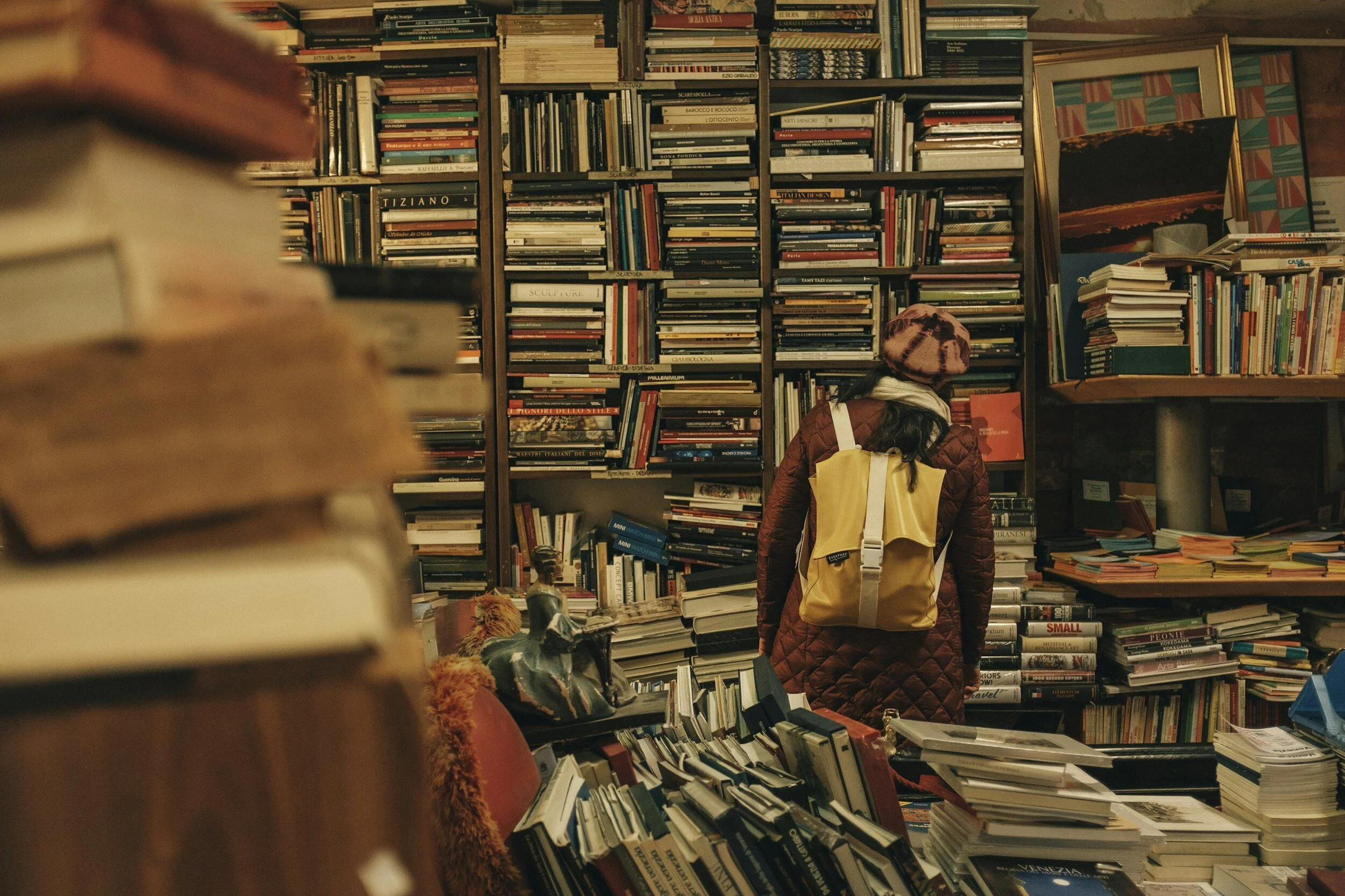The Silent Chaos: How Clutter Impacts Autism, AuDHD and ADHD Sensory Overload and Fatigue
Do you feel overwhelmed and unable to declutter but know it is the key to improving your home and working environment?
Autistic folks and those with AuDHD, ADHD or dyslexia navigate a world that can often be overwhelming, particularly due to the surrounding environment. Among our various challenges, sensory overwhelm stands out as a significant hurdle. Clutter can wield a profound impact on individuals with autism and ADHD, intensifying sensory overload and disrupting daily functioning.
Clutter and Sensory Overwhelm: ADHD, AuDHD and Autistic Life
For autistic individuals and folks with dyslexia, AuDHD or ADHD, sensory processing differences are different for each individual, but common experiences include hypersensitivity to stimuli such as sound, touch, sight, and smell. Conversely, some may exhibit hyposensitivity, where they seek additional sensory input to feel stimulated.
Clutter transforms a surrounding environment into a sensory minefield for neurodivergent folks. Entering a room filled with scattered items, an array of colours, and various textures can be incredibly overwhelming and a lot to process.
While some late-diagnosed autistic folks or ADHDers might overlook these elements and think everyone sees the room like this, individuals with sensory processing differences absorb every detail intensely, unlike most neurotypicals. This is because a common neurodivergent strength is strong pattern recognition and this means that we take in the small details of our environment, but because we have more information to process, it is hard work for our brains. The jumble of objects disrupts our neurodivergent brain’s ability to filter sensory input, leading to heightened stress and anxiety.
Clutter can contribute to fatigue in Austistic, ADHD and AuDHD individuals
Visual clutter often overwhelms individuals with neurodivergent brains, making it challenging to focus and maintain a sense of calm. The brain struggles to prioritise relevant information amidst the chaos of scattered belongings and disorganised spaces. Every objects grabs our attention, often causing cognitive fatigue and exacerbating sensory overwhelm.
So many neurodivergent people experience extreme or moderate fatigue and can’t understand why this is the case. Often this can become chronic fatigue. But part of the fatigue is frequently due to the sensory overwhelm of working in a cluttered or over-stimulating work or home environment that does not provide a calm, tidy and nurturing space to rest from the outside world. If both your home and workplace are chaotic, disorganised and overstimulating, you may not get a sufficient break from sensory stimuli.
The Impact of Clutter: Autistic, AuDHD and ADHD Meltdowns
Clutter isn't just a visual nuisance, it also poses tactile disturbances. Piles of objects, unkempt surfaces, and cluttered spaces create physical barriers and require you to pick up, sort through, or step over items that are in your way. For individuals with sensory sensitivities, the tactile experience of navigating cluttered environments can be distressing, heightening feelings of discomfort and agitation.
The impact of clutter extends beyond the sensory realm, delving into emotional turmoil. Autistic folks and individuals with AuDHD or ADHD often experience heightened emotional sensitivity. Clutter can remind us of our overflowing to-do lists we are struggling to manage, enhance feelings of a lack of control over our lives, or amplify feelings of frustration, helplessness, and anxiety, contributing to meltdowns and sensory shutdowns.
Mitigating the Impact of Clutter: Decluttering the Neurodivergent Way
Recognising the profound effect of clutter on your autism, dyslexia, AuDHD or ADHD prompts the need for proactive measures to create sensory-friendly environments:
Decluttering: Minimise visual and tactile distractions by organising and decluttering living and workspaces. Clear surfaces, labelled storage containers, and designated areas for belongings can foster a sense of order and reduce sensory overwhelm. You may need to use my decluttering guide to start small. At Earth Coaching we can help you to gradually clear out what they don’t need. Decluttering coaching can create structure and help you give all the items you love or need a place to live that is easy to find.
Sensory-Friendly Design: When you have a say in how the environment is designed, opt for calming colour schemes, soft lighting, and ergonomic furniture to create a soothing environment. Incorporate sensory tools such as noise-cancelling headphones, soft blankets or fidget toys to provide sensory relief and aid with sensory seeking needs. The more visual input, the harder it is to process - so good storage solutions are important, too!
Routine and Structure: Establishing predictable routines and structured schedules can offer a sense of stability and security, helping you to manage your autism, dyslexia, ADHD or AuDHD, and navigate daily life with greater ease. Neurodiversity coaching can help you build routines and learn how to create the life you want.
Communication and Support: Foster open communication and understanding with those around you, whether at home, school, or work. Educate others about the impact of clutter on sensory processing differences and advocate for accommodations when necessary. Advocating for yourself may be hard at first, but having coaching for confidence and boundary setting can help you to advocate for yourself and your needs.
Clutter can significantly impact the mental wellbeing of autistic, dyslexic, ADHD and AuDHD folks. Too many belongings scattered around can heighten sensory overwhelm and disrupt neurodivergent folks’ daily functioning. But by decluttering and cultivating sensory-friendly environments, we can alleviate the burden of clutter and empower ourselves to thrive!
Along this journey, it important to have the empathy and support of others, as well as the patience and accountability to take action on your clutter. To get further decluttering support and find out more about decluttering coaching, get in touch by booking a free discovery session below. I look forward to coaching you soon!
Dr Bex Harper (they/them) is an experienced, certified and professionally-trained transformational coach who specialises in ADHD, AuDHD, autism, dyslexia, mental health, chronic fatigue and chronic illness, brain fog and burnout. Bex is based in Southend-on-Sea. Read more blogs by Bex here.
You may also be interested in Navigating Emotional States: A Guide for ADHDers and Autistic Folks

